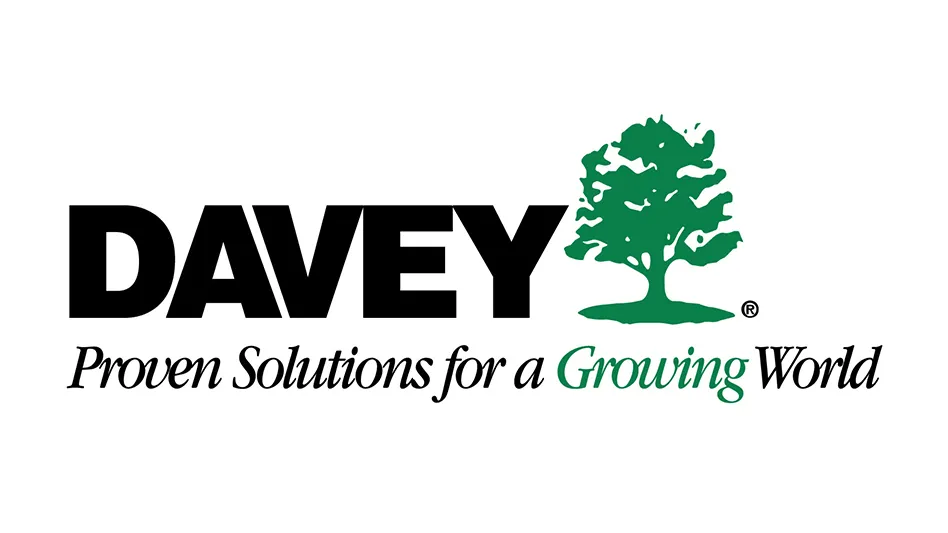
NEW YORK (CNNMoney.com) -- The sweeping health-care bill passed by the House of Representatives Sunday, and now headed for President Obama's desk, promises a sea change in the way that small business owners purchase and provide health insurance for themselves and their employees.
- By no later than 2014, states will have to set up Small Business Health Options Programs, or "SHOP Exchanges," where small businesses will be able to pool together to buy insurance. ("Small businesses" are defined as those with no more than 100 employees, though states have the option of limiting pools to companies with 50 or fewer employees through 2016; companies that grow beyond the size limit will also be grandfathered in.)
The Congressional Budget Office has estimated that the exchanges would ease small business insurance costs, albeit only marginally: premiums in the small-group market are forecast to fall between 1% and 4% under the exchanges, while the amount of coverage would rise by up to 3%.
- For the next four years, until the SHOP Exchanges are set up, businesses with 10 or fewer full-time-equivalent employees earning less than $25,000 a year on average will be eligible for a tax credit of 35% of health insurance costs. (Companies with between 11 and 25 workers and an average wage of up to $50,000 are eligible for partial credits.)
- Insurers will no longer be able to set rates or exclude coverage based on pre-existing conditions, and can vary premiums only by geographic location, age, and tobacco use.
- Starting in 2014, businesses with more than 50 employees will be required to either offer healthcare coverage or pay a penalty of $750 a year per full-time worker. The coverage offered will also have to meet minimum benefits -- covering both a specific set of services and 60% of employee health costs overall -- or else employers will face additional penalties.
- So-called "Cadillac" plans costing more than $10,200 a year for individuals or $27,500 for family coverage (not counting dental and vision plans) will be subject to a 40% tax on the portion of the cost that exceeds the limit. Though the tax would actually be paid by insurers, it's expected that it would be passed along to plan holders in the form of higher premiums.
- Part-time employees would be counted toward the 50-employee minimum on pro-rated basis based on hours worked, bringing more small businesses into the group required to provide coverage.
- The $750-per-employee penalty for not providing insurance would rise to $2,000.
- The Cadillac tax would be delayed until 2018 and apply only to the most expensive plans, making it more of a "Maserati" tax, in the words of Kaiser Health News.
- Individuals earning more than $200,000 a year, or couples earning $250,000 or more, would be hit with a 3.8% surcharge on investment income to help pay for the bill.
Read the full story at CNN Money.





